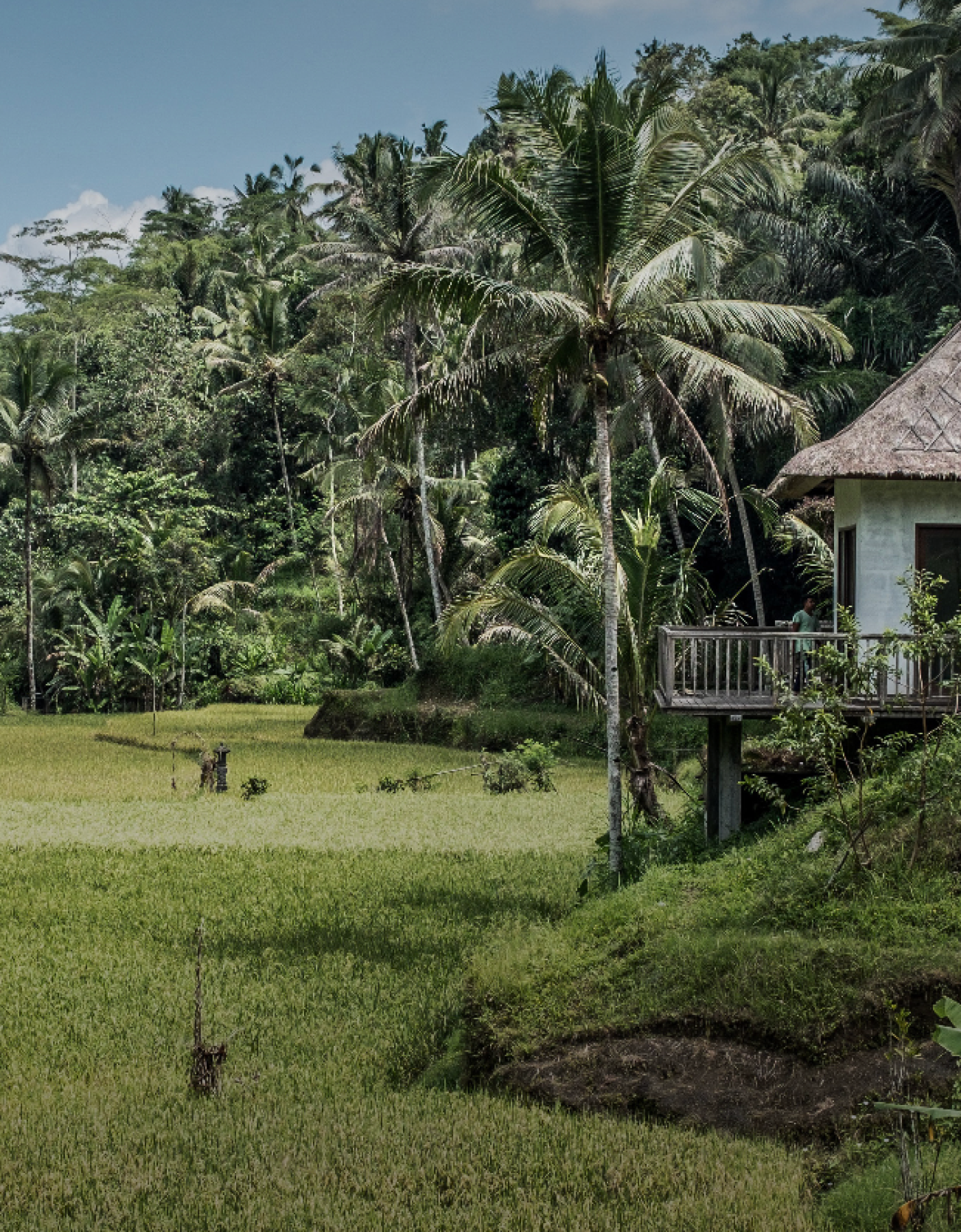UNEP: Perspectives. Building back greener in the Post - Covid - 19 era.
COVID-19, the war in Ukraine, and the intensifying climate crisis have combined to create an unprecedented global emergency, with governments and institutions struggling to adapt to a rapidly destabilising situation. However, over the last two years a set of interlocking policy reforms has emerged with the potential to protect marginalised communities, restore the environment, and mitigate future disasters. These policies are designed to bring about an Inclusive Green Recovery, and this paper sets out a cohesive programme of complementary policy recommendations designed to enable a more inclusive and sustainable economy.
Millions of people around the world are already caught in the crosswinds of multiple escalating and increasing economic crises. Food and energy markets are in turmoil, supply chains are stretched to breaking point and multilateral relationships are rupturing. Citizens of the Global North face inflation, unemployment, a cost-of-living crisis and looming recession. Meanwhile, millions in the Global South are already experiencing drought, flooding and escalating climate breakdown as their countries grapple with debt distress, food shortages and ongoing COVID-19 outbreaks.1, 2,3 Two years on from COVID-19, the International Monetary Fund (IMF) has deemed the outlook for the global economy as “extraordinarily uncertain4”, adding institutional recognition to the reality experienced by many people who are
already caught in the crosswinds of multiple escalating and increasing economic crises. With the food and energy sectors of the economy creaking and these disrupting other industries, the cost-of-living crisis, “gloomy5” growth forecasts, increased inflation and a possible global recession our economic system is closeto failure. Governments must take a more holistic approach to mitigating risk and investing in resilience. Citizens are increasingly demanding a political answer to these economic failures, through voting out ineffective leaders, protesting and campaigning for change.
The scale of the current challenge demands truly structural responses informed by systems thinking. Happily, emerging evidence suggests that it is possible to minimise economic trade-offs, manage multiple risks and build economic, environmental and social resilience. Policies already being deployed around the world are driving a credible transition to a stronger, more resilient green economy and society citizen participation and inclusivity.
This nascent inclusive green recovery remains humanity’s best chance to keep global warming in check, restore the natural systems on which we all depend, and lift the world’s most vulnerable out of poverty. However, this potential will only be realised if an inclusive green recovery is embedded within governing institutions, prioritised in national planning and implementation, and financed at scale – rather than being a sprinkling of green stimulus on a sea of unsustainable economic activity.
In this paper, the Green Economy Coalition pulls together recommendations and findings from our green recovery work during COVID and examines what insights from around the world can be applied to the current multiple economic crises. Beyond the short-term imperatives of emergency actions, stimulus packages, and bailouts in response to the food and fuel crises, policymakers must seize this moment to mainstream long-term green priorities and policies into the post- crisis agenda. We set out a structural agenda for a green economic recovery that will build economic resilience, address social vulnerability and prevent climate breakdown. We believe that this agenda represents the only way that governments and institutions can tackle our immediate crises while simultaneously mitigating future risks.


